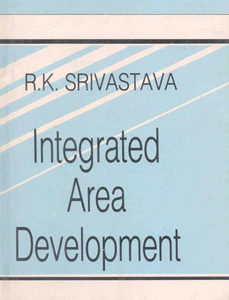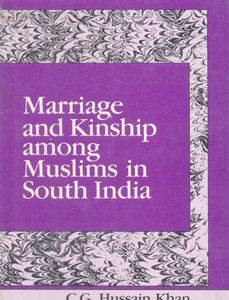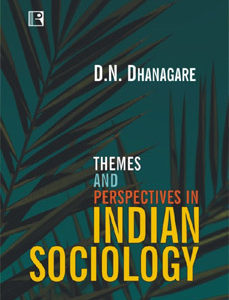ENTERING THE GLOBAL VILLAGE: Essays on the Sociology of Communication
₹995.00 Original price was: ₹995.00.₹796.00Current price is: ₹796.00.
25 in stock
The book is a collection of seminal essays on the sociology of communication, penned by India’s noted social scientist. Written for different audiences over a period of time, these essays elaborate some of the key concepts introduced by the author in the area of sociology of communication.
The book proffers analysis of the impact of the ongoing communication revolution in sociological terms in the context of processes of modernization and globalization, and the task of nation-building in the developing countries of the world, with particular reference to India.
The author forcefully argues that becoming part of the global village does not imply corrosion of cultural identities. The world is a global village only in the sense that countries and cultures have come closer and that most societies of the world have become, in the process, multicultural. Modernization has caused the unintended, but eufunctional, consequence of resurgence and revival of tradition. Cultures have shown their resilience and have survived the onslaught of technological changes. Societies have evolved a veritable symbiosis of tradition and modernity. At the same time, modern technology has contributed in the developed world a process of lobotomization dumbing down of the young populace, traces of which are now being seen in the relatively developed sections of the developing world as well.
These thought-provoking essays, though couched in sociological theory, are written in a jargon-free language to attract a wider readership. They are sure to inspire young social scientists to take tips from it and carry out further research using the suggested framework.
| Author's Name | |
|---|---|
| Binding | |
| Release Year | |
| Language | |
| Publisher |
Related products
Sociology











